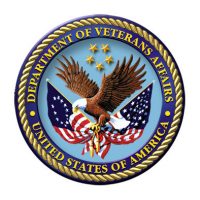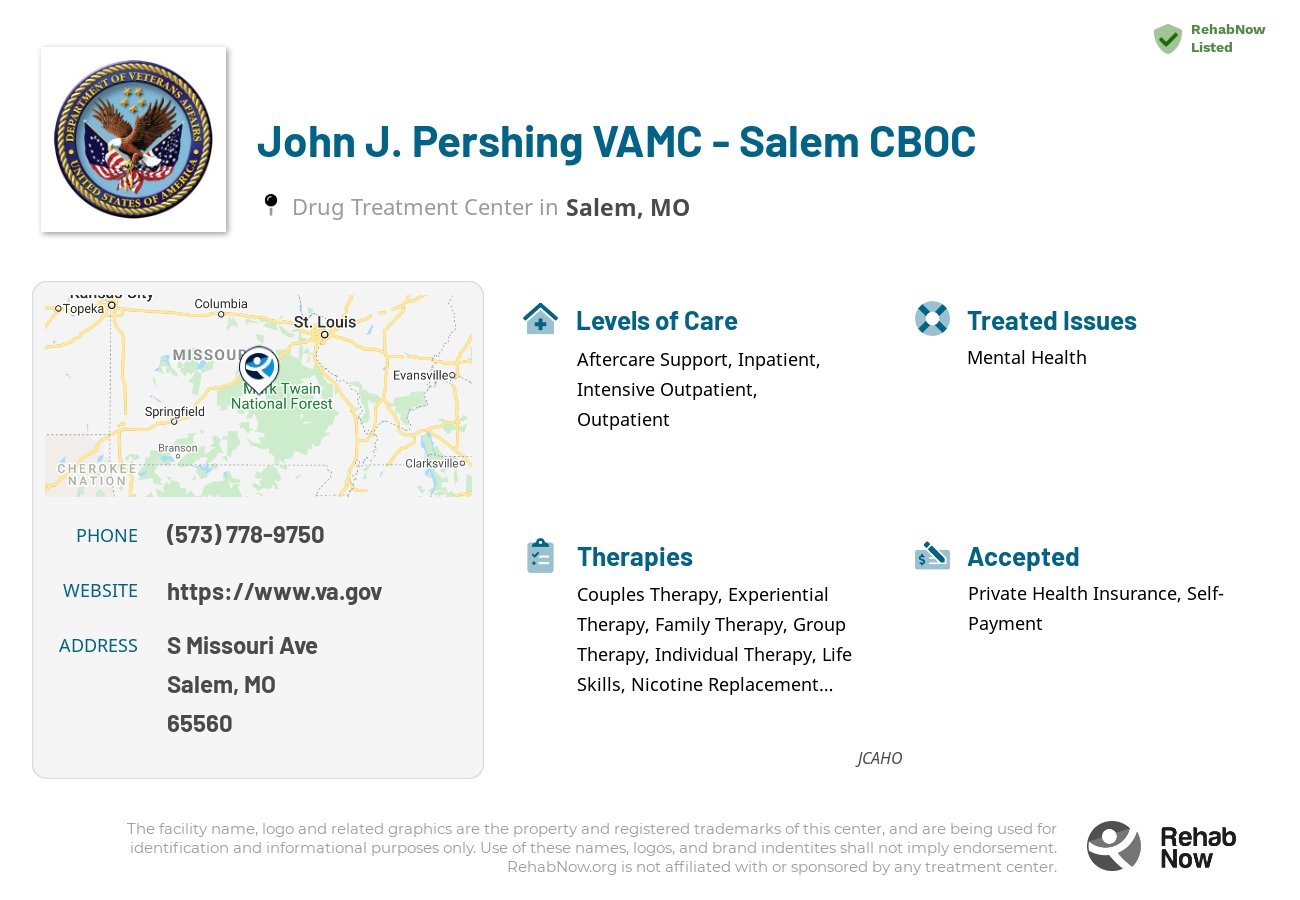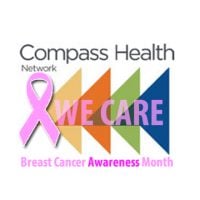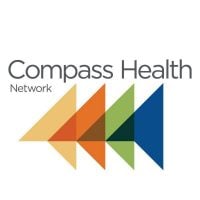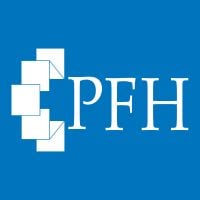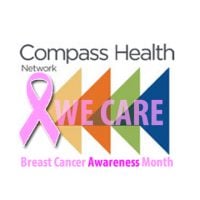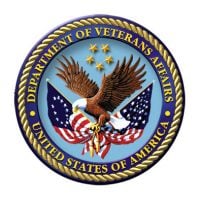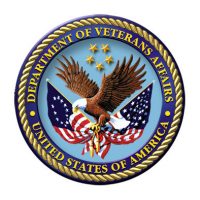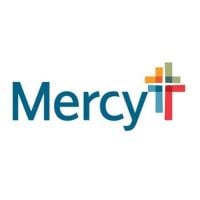John J. Pershing VAMC - Salem CBOC
Drug Rehab Center in Salem, Missouri
John J. Pershing VAMC - Salem CBOC is a VA Medical Center in Missouri that offers comprehensive addiction care and treatment for veterans and military personnel, including individual and group therapy, detoxification and rehabilitation, and specialized programs like case management and job readiness training.
About John J. Pershing VAMC - Salem CBOC in Missouri
John J. Pershing VAMC - Salem CBOC is a comprehensive Addiction Recovery Program located in Salem, Missouri. It is part of the John J. Pershing VA Medical Center and provides outpatient treatment for veterans and the general public suffering from substance abuse and addiction. The program offers a wide range of comprehensive treatment and support services to help individuals achieve sobriety and long-term recovery. The program also offers alcohol and drug education, as well as a continuum of care to provide an individualized treatment plan. This includes individual and family counseling, relapse prevention, drug and alcohol testing, and a dual diagnosis program.
At John J. Pershing VAMC - Salem CBOC, patients have access to a full range of addiction services. These services include assessments and evaluations, individual and group therapy, detoxification, medication-assisted treatment, and a range of support groups and activities. Additionally, the facility provides a range of evidence-based practices that increase a patient’s chances of long-term recovery, such as cognitive behavioral therapy, relapse prevention, and motivational interviewing. The facility also provides educational programs, vocational training, and support for family members.
John J. Pershing VAMC - Salem CBOC is fully accredited by the Joint Commission and is licensed to provide care for substance abuse and addiction. The facility was recently awarded a three year accreditation from the Substance Abuse and Mental Health Services Administration and has earned the distinction of being awarded the Missouri Quality Award from the Missouri Hospital Association in 2017. The facility is also part of the U.S. Department of Veterans Affairs Health Care Network and offers assistance to veterans suffering from addiction and substance abuse.
Genders
Ages
Modality
Additional
Accreditations

JCAHO
Conditions and Issues Treated
Levels of Care Offered
This center offers a variety of custom treatment tailored to individual recovery. Currently available are Aftercare Support, Inpatient, Intensive Outpatient, Outpatient, with additional therapies available as listed below.
Inpatient recovery offers individual therapy, groups, and family therapy. The length of inpatient addiction treatment depends on the addict and their addiction. Inpatient rehab is a costly drug treatment, costing anywhere from $30k- to $60k. However, insurance often offers help in covering these costs.
An intensive outpatient treatment program, or IOP, is set up for those struggling with an addiction to begin the recovery process. However, the patient will not live at the facility during treatment.
IOP involves patients coming in and out of a medical office building regularly to receive therapy and other services while continuing their life outside of these visits.
IOP is a step up from drug detoxification or alcohol detox. However, it’s still considered a phase of recovery rather than the ultimate goal. There are many rehabs and treatment facilities available to patients in need of IOP.
Outpatient treatment can be considered the lowest intensity level of addiction treatment in Salem, MO. It is ideal for early phase addiction or lower intensity addictions. John J. Pershing VAMC - Salem CBOC peer group support, 12-step programs, and individual counseling are likely to be involved.
Aftercare support is vital to those who have completed a drug or alcohol treatment program. This support comes in individual and family counseling, treatment of psychiatric and other medical conditions, and medications to reduce cravings. It helps recovering addicts adjust to normal day-to-day activities and can last for a year or longer.
The majority of drug and alcohol addicts who receive aftercare treatment do not relapse. It is estimated that without aftercare, the relapse rate will be between 70 to 90 percent for most people. Aftercare is the final stage in addiction recovery, but it will also help maintain sobriety if relapse does occur.
Therapies & Programs
Individual therapy is ideal for addicts who want to focus on themselves. It can also be helpful for those whose withdrawal symptoms are exacerbated by the presence of other people.
Benefits of individual therapy are:
- Access to a personalized treatment plan that focuses on the individual needs of the addict
- More privacy during treatment sessions
- Better personal development through introspection
- Increased self-awareness regarding addictive tendencies in order to avoid relapse
- Greater potential for a long-term recovery plan
- Receiving professional advice and detox assistance from medical staff
Couples therapy is a treatment method used to help couples in which at least one member of the couple has a drug addiction. Couples therapy can be used whether the addicted partner is using drugs or in recovery. An additional benefit of couples therapy is that it can help make other types of treatment, such as 12-step programs, more effective.
Family therapy can help you and your family deal with old issues that may trigger substance abuse. The idea behind family therapy for drug addiction is that you are never fully healed from substance abuse until you’ve healed your relationship with your family, too. To get sober, you need to find a different way to cope with the pain in your life.
This is when a group of people in various stages of recovery meet up and discuss their experiences, triggers, successes, failures, and even alternative therapies! Unlike support groups where everyone already knows each other, group therapy is conducted along side outpatient or inpatient treatment at John J. Pershing VAMC - Salem CBOC.
Trauma therapy is a clinical process that helps individuals deal with mental stress often caused by traumatic events. The therapist helps the person identify, understand and work through the problem. This is done with the help of talking about it in group or one-on-one counseling sessions.
Therapists use relaxation, role-playing, art, and music to help the person open up about what is bothering them. Some examples include:
- Talking about the traumatic event and how it affected them.
- Helping those who have PTSD to deal with their nightmares and recurring memories.
- Working with individuals to resolve the issues triggering the stress, whether seeing someone who reminds them of what happened or feeling helpless.
The individual is also encouraged to help others that are struggling with similar problems. This often helps them feel empowered and gives them hope.
Trauma therapy is not for everyone; it is usually reserved for people who have recently experienced a traumatic event and struggle to get over it. It is generally done for children, teenage victims of sexual assault, and war veterans.
CBT is a psychotherapy approach and method. [ws-nap-name] people to examine how their thoughts, including habitual harmful and inaccurate thinking, affect their actions. CBT is based on the idea that rigid, inflexible thinking leads to poor stress management, which leads to emotional distress.
Similarly, CBT helps people identify and change negative behaviors. It makes you question your perceptions and ask if they are realistic. CBT asks people to examine their behaviors and emotional responses and how they affect their lives. CBT aims to change people’s thinking and behavior to lead a more balanced and healthy life.
Moreover, CBT has been shown to reduce anxiety disorders, depression, and symptoms associated with harmful thoughts or actions.
Those struggling with addiction can benefit from learning certain life skills. It is not as simple as quitting drinking or taking drugs and thinking that the hard part is over. Being sober means living a whole new way of life. Many recovering addicts have found that they need to develop talents like time management, organization, communication skills, socialization skills, and self-esteem to make their life in sobriety work, John J. Pershing VAMC - Salem CBOC is here to help with that.
Nutrition therapy has been used to help drug addicts for decades. Many early reports on addiction treatment indicate that some patients recovered from the “satisfying power of food”. For years, this phenomenon has been utilized as a treatment modality in eating disorders for adults, adolescents, and children. Specific nutrients have been identified that influence neurotransmitters associated with reward pathways of the brain.
Studies have shown that carbohydrate loading with complex carbohydrates to elevate serotonin levels was effective in treating bulimia nervosa. This approach prompted researchers to explore the use of this type of nutritional intervention in other disorders.
Nicotine replacement therapy is a drug treatment that allows people to get the effects of nicotine without chewing or smoking. The therapy is often done with a patch, and doses of nicotine are reduced until nicotine is no longer needed. NRT helps smokers get nicotine into their system without resorting to smoking, and it has been shown to be an effective way to help people quit smoking. Coupling NRT with counseling and other means of support gives long-term smokers a better chance of removing their unhealthy habit.
Patient Experience
Experiential Therapy at John J. Pershing VAMC - Salem CBOC
Experiential Therapy is a type of therapy that involves activity to recreate situations that may have caused trauma or negative emotions. Experiential therapy at John J. Pershing VAMC - Salem CBOC in Salem, MO can involve acting, props, arts and crafts, animal care or other tools that may be effective. This therapy is done on an individual basis and can help revisit and heal from past traumas. Trust between the therapist and individual is important for success. Experiential therapy can help you more closely become you and move through life positively and authentically.
Payment Options Accepted
For specific insurance or payment methods please contact us.
Is your insurance accepted?
Ask an expert, call (888) 674-0062
Additional Details
Specifics, location, and helpful extra information.
Salem, Missouri 65560 Phone Number(573) 778-9750 Meta DetailsUpdated November 25, 2023
Staff Verified
John J. Pershing VAMC - Salem CBOC Patient Reviews
There are no reviews yet. Be the first one to write one.
Salem, Missouri Addiction Information
Opioid-related overdoses in Missouri have been increasing steadily for the past three decades. In 2018, more than 1,130 people in Missouri died from opioid abuse. Methamphetamines and marijuana abuse have surpassed opioid abuse in Missouri. Missouri is the number 1 methamphetamine manufacturer in the country with more than 27 meth labs per 100,000 people.
The drug addiction problem in Salem, Missouri, is quite serious. There are a variety of different drugs that are popular in Salem, Missouri. The most commonly abused drugs include opioids, marijuana, and cocaine. However, several other drugs are abused in the area, including methamphetamine, prescription medications, and club drugs. There are many different rehab facilities in Salem, Missouri, that can help people struggling with drug addiction.
Treatment in Nearby Cities
- Bridgeton, MO (99.5 mi.)
- Hayti, MO (139.1 mi.)
- Steele, MO (143.7 mi.)
- Hillsboro, MO (67.4 mi.)
- Marshfield, MO (77.4 mi.)
Centers near John J. Pershing VAMC - Salem CBOC
The facility name, logo and brand are the property and registered trademarks of John J. Pershing VAMC - Salem CBOC, and are being used for identification and informational purposes only. Use of these names, logos and brands shall not imply endorsement. RehabNow.org is not affiliated with or sponsored by John J. Pershing VAMC - Salem CBOC.
